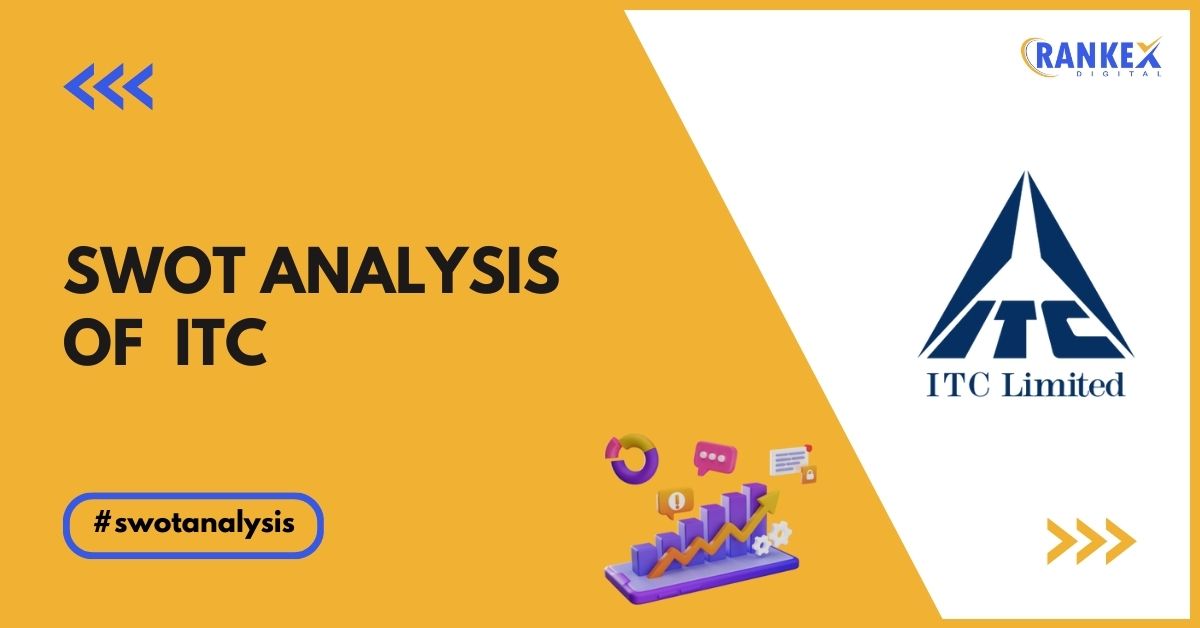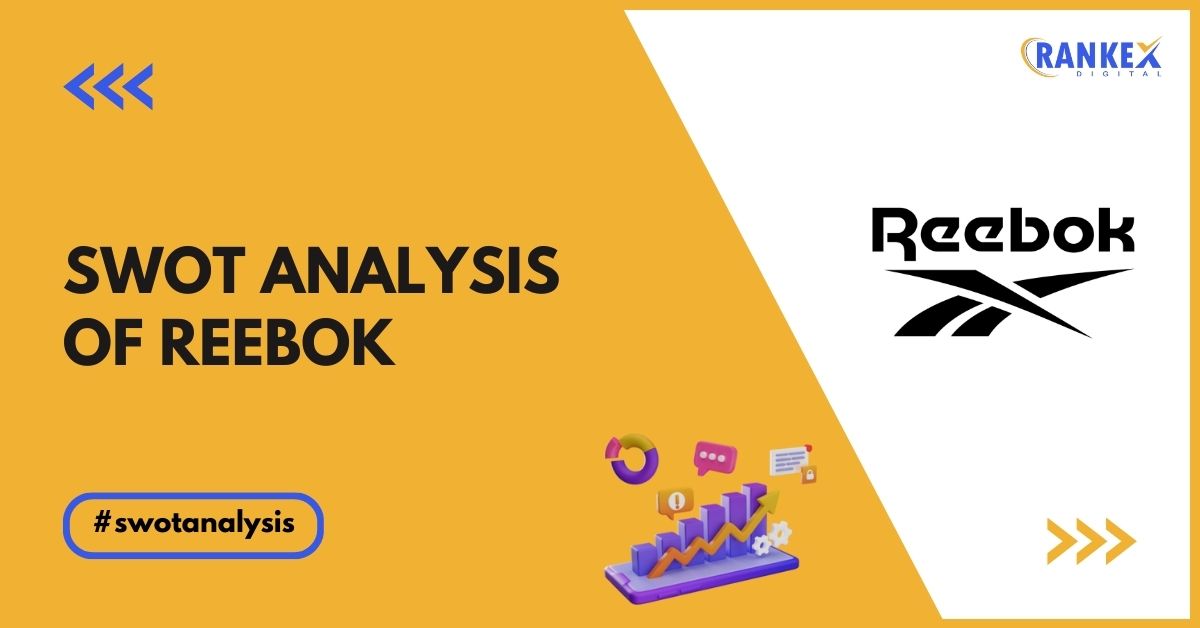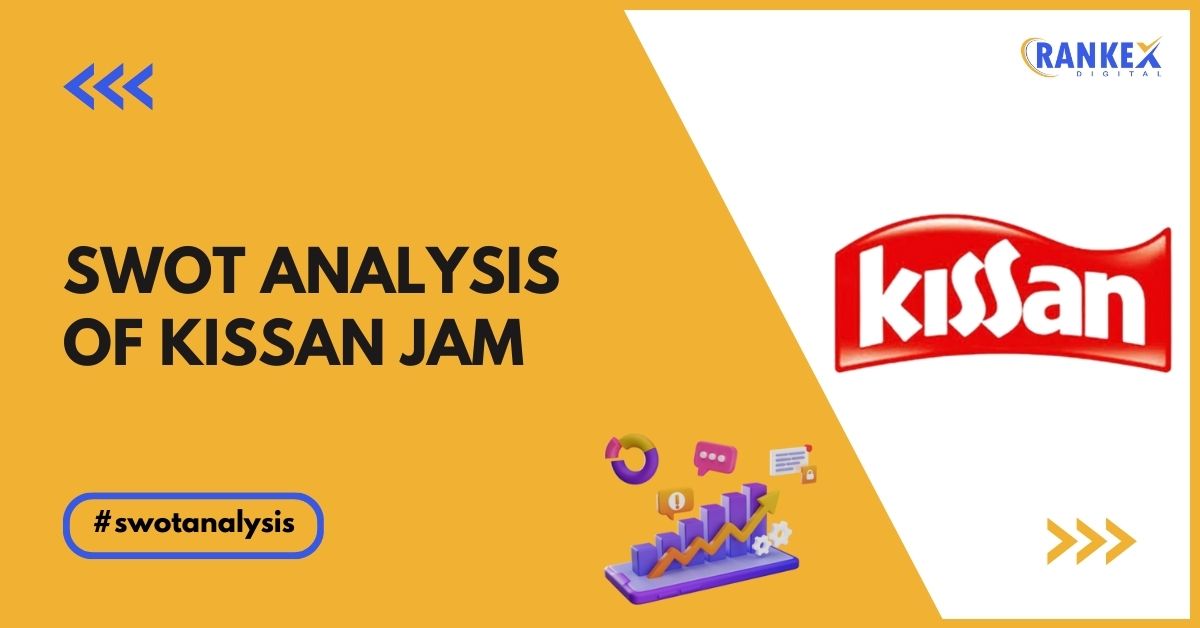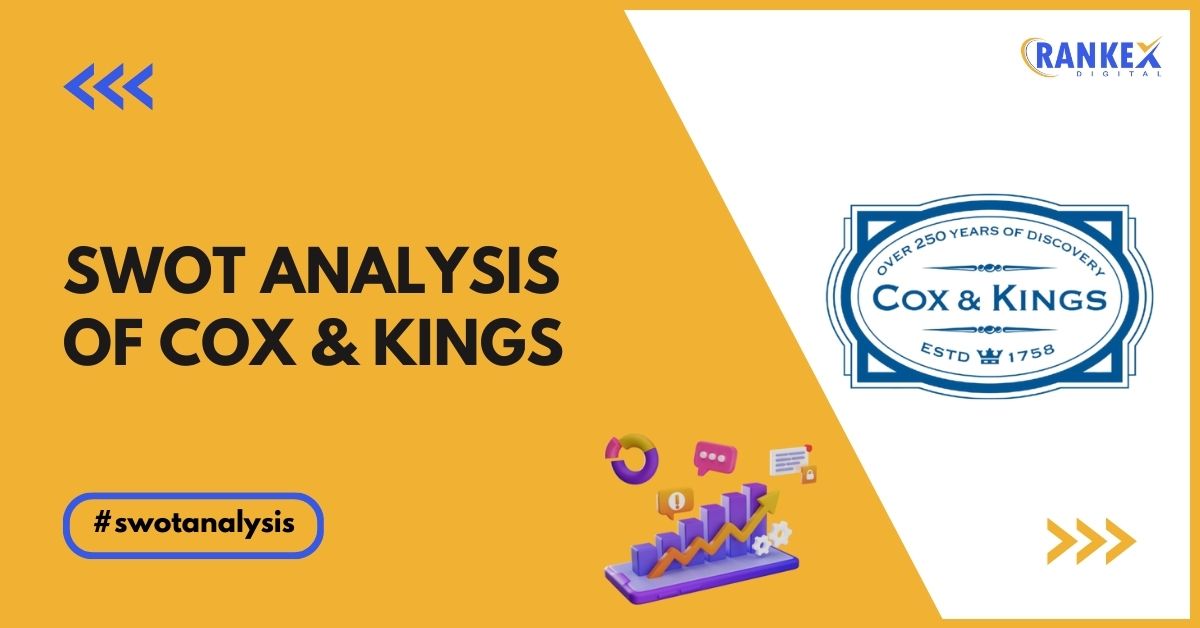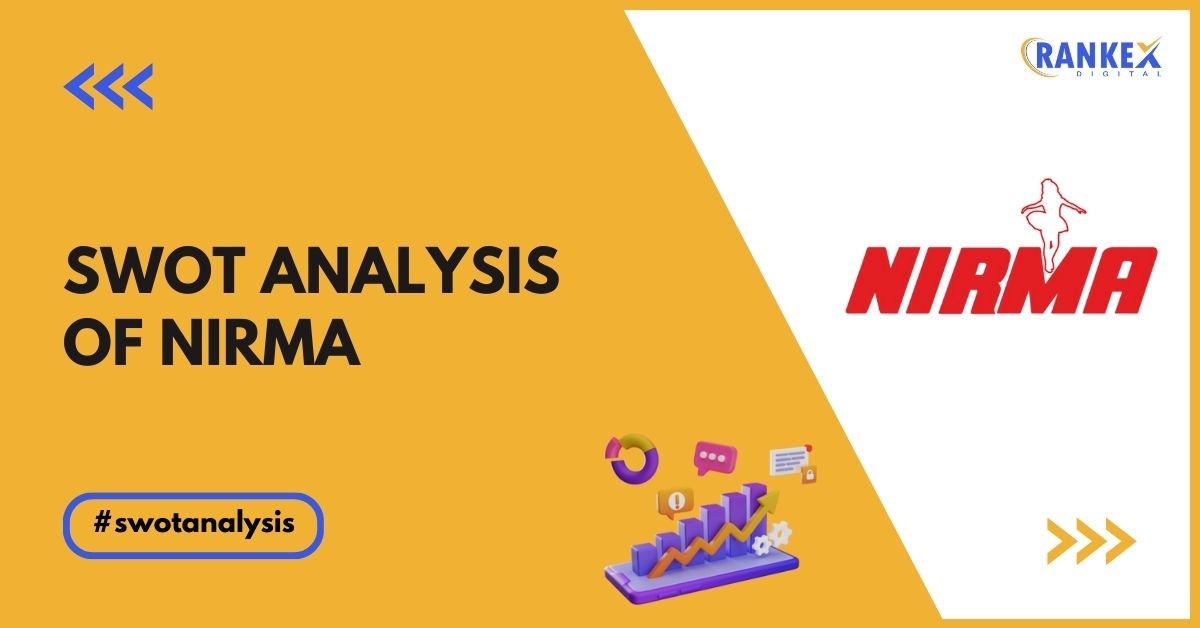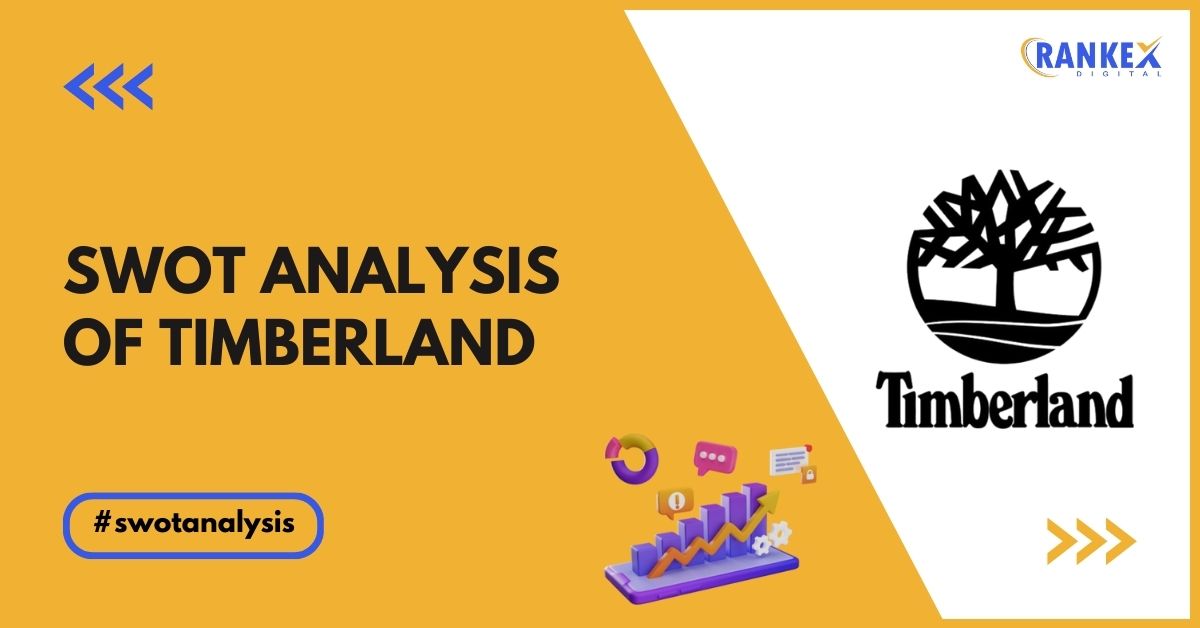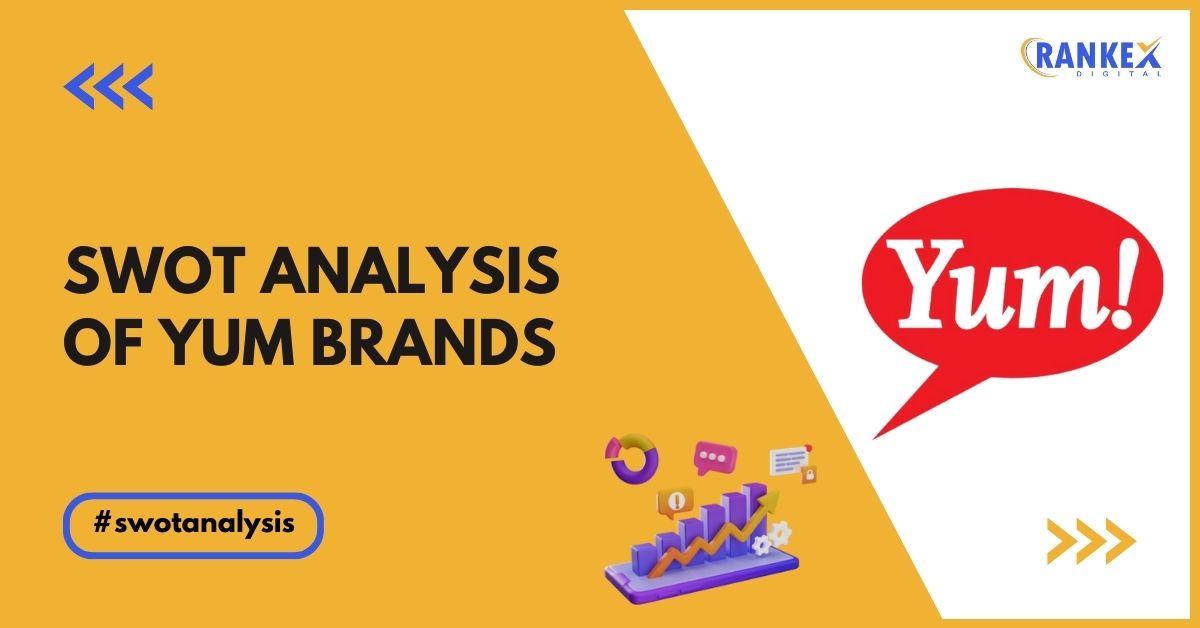ITC Limited is one of India’s largest conglomerates with a diverse business portfolio that spans fast-moving consumer goods (FMCG), hotels, paperboards and packaging, agri-business, and information technology.
Established in 1910, ITC has grown into a household name with a significant presence in both domestic and international markets. Known for its strong brand equity and commitment to sustainability, ITC continues to innovate across its various sectors.
This blog provides an updated SWOT analysis of ITC, giving a comprehensive look at the company’s current standing, growth potential, and challenges.
In this blog
Overview of ITC
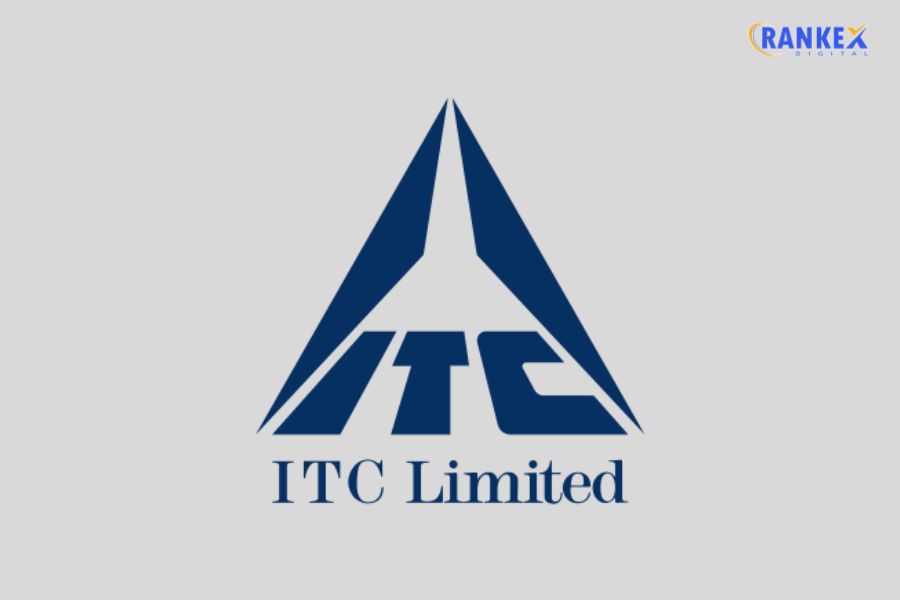
| Founder | William H. Summers |
|---|---|
| Year Founded | 1910 |
| Origin | Kolkata, India |
| Headquarters | Kolkata, India |
| Industry | Conglomerate (FMCG, Hotels, etc.) |
| Annual Revenue | ₹80,000+ Crore (FY 2023-24) |
| Employees | 30,000+ (Globally) |
ITC is widely known for its tobacco products through its flagship brand, Wills, but it has also made significant strides in the FMCG sector with brands like Aashirvaad, Sunfeast, and Savlon. In recent years, ITC has invested in sustainability initiatives and expanding its non-cigarette businesses, contributing to its diversified portfolio.
Current News on the Market on ITC
- Diversification Drive: ITC continues to invest in its non-cigarette businesses, especially in FMCG, with plans to launch new products in food, personal care, and health categories.
- Sustainability Goals: ITC has reaffirmed its commitment to achieving carbon and water positivity, with significant investments in renewable energy and eco-friendly packaging.
- E-commerce Push: ITC has been strengthening its digital presence by partnering with leading e-commerce platforms and enhancing its own digital channels to reach more customers directly.
SWOT Analysis of ITC
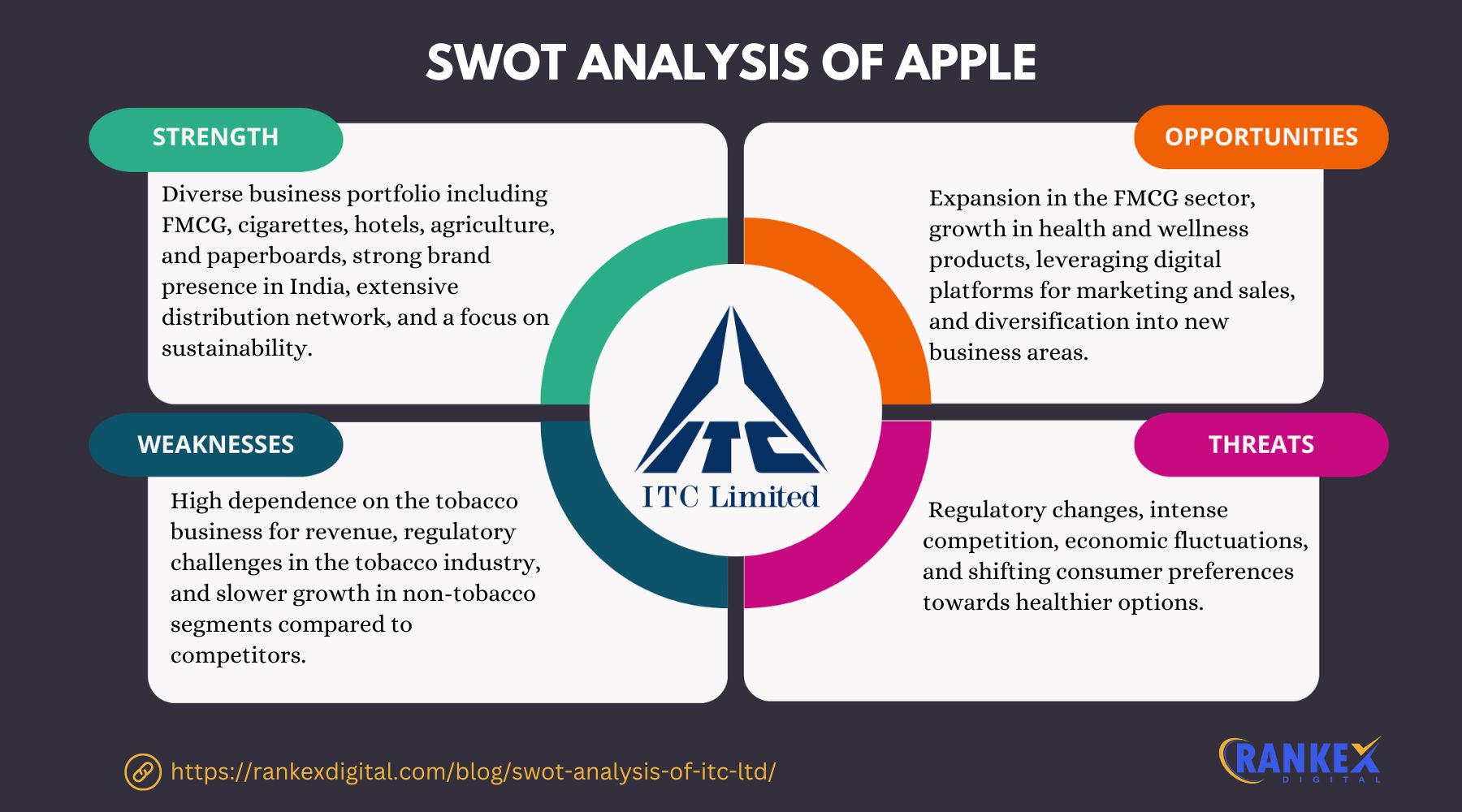
Strengths of ITC
- Strong Brand Equity and Diversified Business Portfolio
ITC’s diverse range of businesses, including FMCG, hotels, paperboards, and agri-business, gives it a unique competitive advantage. The company’s strong presence in various sectors helps mitigate risks and provides stability during market fluctuations. - Market Leadership in FMCG
ITC is a market leader in several FMCG categories, including staples, packaged food, personal care, and hygiene. Its well-established brands like Aashirvaad (flour), Sunfeast (biscuits), and Savlon (sanitizers) have captured significant market share in India. - Commitment to Sustainability
ITC is recognized for its initiatives in sustainability. The company has been water-positive for over 20 years and carbon-positive for 17 years, positioning itself as a leader in environmental responsibility. - Strong Distribution Network
ITC’s extensive distribution network across urban and rural India allows it to effectively penetrate different market segments. This is especially crucial for its FMCG and agri-business operations, enabling ITC to reach millions of consumers nationwide. - Financial Stability and Strong Cash Flows
ITC’s strong financial health, marked by consistent cash flows and robust profits, allows it to invest in new ventures, acquisitions, and research and development. The company’s diversified business model supports its financial resilience.
Weaknesses of ITC
- Dependence on Tobacco Business
Despite its efforts to diversify, ITC’s tobacco business still accounts for a significant portion of its revenue. The high dependence on this segment exposes the company to regulatory changes and shifting consumer preferences towards healthier lifestyles. - Slower Growth in Non-Tobacco Segments
While ITC has made significant strides in the FMCG sector, the growth rate of its non-cigarette business has been slower compared to competitors like Hindustan Unilever and Nestlé. This slower growth may limit its overall market dominance in the long term. - High Operating Costs in Hotels
ITC’s hotel division, although prestigious, suffers from high operating costs and lower profitability margins, especially in comparison to its core tobacco and FMCG businesses. The hotel industry is also vulnerable to economic downturns and travel restrictions. - Regulatory Challenges in Tobacco
ITC’s core cigarette business is highly regulated, with increasing taxes, advertising restrictions, and stringent health policies affecting profitability. The company’s overreliance on this segment exposes it to potential future declines in sales.
Opportunities for ITC
- Growth in FMCG and Personal Care
ITC has the potential to significantly expand its FMCG and personal care business. With its strong brand portfolio, the company can focus on launching more premium and health-focused products to tap into the growing demand for healthier and sustainable options. - Expansion in International Markets
ITC has a significant opportunity to further its presence in international markets, particularly in the FMCG sector. By leveraging its strong brand equity and developing region-specific products, ITC can capture a broader global consumer base. - Sustainability and Green Initiatives
As businesses and consumers shift toward eco-friendly products and operations, ITC’s strong focus on sustainability positions it well to capitalize on this growing trend. Expanding its green initiatives and sustainable products can further enhance brand loyalty and market share. - E-commerce and Digital Expansion
With the rise of e-commerce and the increasing shift towards online shopping, ITC has the opportunity to strengthen its digital presence. Investing in direct-to-consumer channels and enhancing its partnerships with e-commerce platforms can significantly increase sales in both FMCG and personal care. - Agri-Business Growth
ITC’s agri-business division can benefit from the growing demand for processed and organic foods. The company can further capitalize on its strong supply chain and deep expertise in agriculture to expand into premium agri-products and solutions.
Threats to ITC
- Intense Competition in FMCG Sector
ITC faces stiff competition in the FMCG space from well-established companies like Hindustan Unilever, Nestlé, and Procter & Gamble. These competitors have a strong market presence and consumer loyalty, which may pose challenges to ITC’s market share growth. - Changing Consumer Preferences
There is a growing trend towards healthier lifestyle choices, which could impact ITC’s core tobacco business. Additionally, consumers are increasingly shifting toward eco-friendly, organic, and vegan products, requiring ITC to continuously innovate to stay relevant. - Regulatory Hurdles
ITC’s cigarette business is subject to stringent regulations, including higher taxes, plain packaging laws, and advertising bans. These regulations can adversely affect the profitability and future growth prospects of this segment. - Economic Slowdowns
Economic downturns, inflation, and reduced consumer spending can negatively impact ITC’s hotel and FMCG divisions. The hotel industry is particularly vulnerable to global travel restrictions and reduced tourism. - Supply Chain Disruptions
Global supply chain disruptions, whether due to geopolitical tensions, pandemics, or natural disasters, can affect ITC’s ability to source raw materials, leading to higher costs and production delays.
Competitors of ITC
ITC operates in various sectors, each of which presents unique competition. Here are the key competitors in its major business segments:
- Hindustan Unilever (HUL)
HUL is ITC’s biggest competitor in the FMCG sector, with a diversified portfolio that includes food, beverages, personal care, and home care. HUL’s extensive brand reach and strong marketing strategies make it a formidable rival. - Nestle India
Nestlé competes with ITC in the packaged food segment, particularly in categories like noodles, dairy, and coffee. Nestlé’s iconic brands and global reputation pose a significant challenge to ITC’s growth in the food sector. - Godrej Consumer Products
In the personal care and home care segments, ITC competes with Godrej Consumer Products, known for its affordable and widely available products in categories like hair care, skin care, and insect repellents. - Tata Consumer Products
Tata Consumer Products is another major player in the food and beverages market, directly competing with ITC’s Aashirvaad and Sunfeast brands. Tata’s strong presence in beverages and snacks makes it a key competitor in this space. - Radisson and Marriott
In the hotel industry, ITC faces competition from global hospitality chains like Radisson, Marriott, and Taj Hotels. These companies have a well-established presence in both luxury and mid-range segments, competing with ITC’s hotels for premium clientele.
Conclusion
The SWOT analysis of ITC highlights the company’s strengths, such as its strong brand equity, diversified portfolio, and commitment to sustainability.
However, the company must address challenges like dependence on its tobacco business and high competition in the FMCG sector.
By capitalizing on opportunities in international markets, digital expansion, and sustainability initiatives, ITC can continue to grow and strengthen its position in the Indian and global markets.
Frequently Asked Questions
1. What are ITC’s key strengths?
ITC’s key strengths include its strong brand equity, diversified business portfolio, market leadership in FMCG, and commitment to sustainability.
2. What is ITC doing to reduce its dependence on the tobacco business?
ITC is actively expanding its FMCG, personal care, and agri-business segments to reduce its reliance on tobacco. The company is also focusing on sustainability and digital transformation to boost growth in non-cigarette sectors.
3. Who are ITC’s main competitors in the FMCG sector?
In the FMCG space, ITC’s main competitors include Hindustan Unilever, Nestlé India, Godrej Consumer Products, and Tata Consumer Products.
4. What are the opportunities for ITC in 2025?
Key opportunities for ITC in 2025 include expanding its FMCG and personal care business, entering international markets, enhancing its sustainability initiatives, and growing its e-commerce presence.
5. What are the major threats facing ITC?
ITC faces threats from intense competition, changing consumer preferences, regulatory hurdles in the tobacco business, economic slowdowns, and potential supply chain disruptions.

